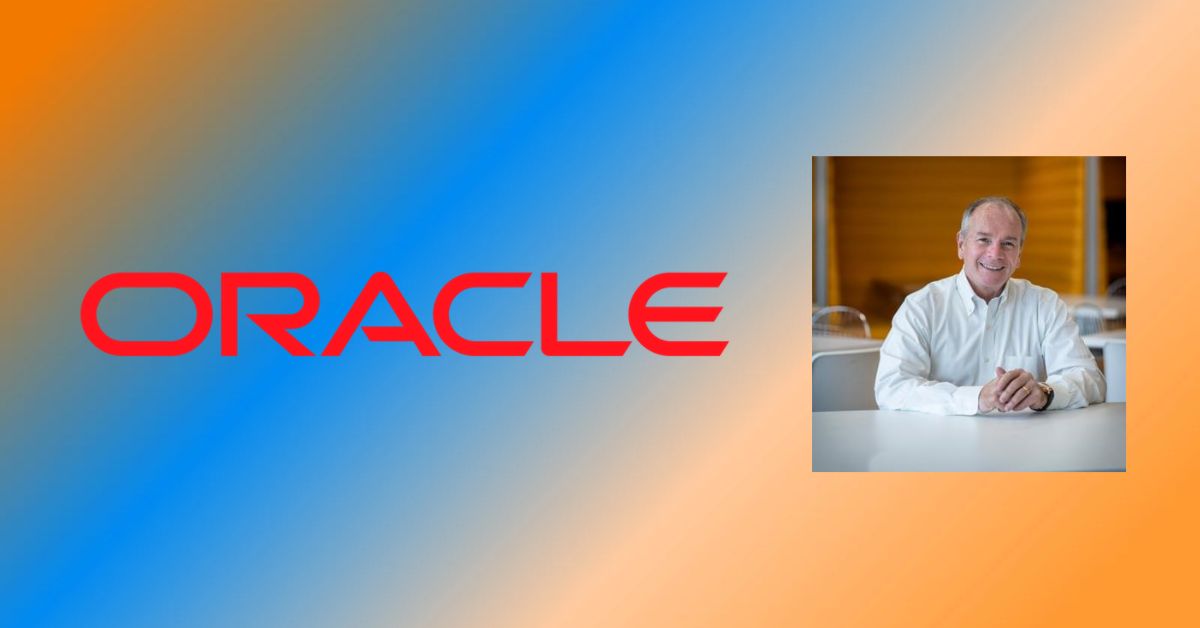By Garrett Ilg, President, Japan & Asia Pacific, Oracle
When it comes to corporate progress on environmental, social, and governance issues, there’s still a big disconnect between what the public wants to see and what companies are actually delivering.
On the one hand, companies worldwide are talking more about their efforts around climate change mitigation, diversity and inclusion, pay equity, worker safety, and other important ESG issues. On the other hand, the public doesn’t think the corporate world is doing nearly enough, to the point where customers, investors, and employees say they’d consider taking their business and talents elsewhere in the absence of quantifiable progress, according to Oracle’s just-released “No Planet B” research, carried out in partnership with Savanta Research and CIO adviser Pamela Rucker.
No where are people more concerned about ESG matters than in the Asia Pacific region. While a whopping 93% of the 11,000 consumers and business leaders we surveyed worldwide think sustainability and social factors are “more important than ever,” that percentage rises even higher — to 95% — for the 4,000 respondents in China, India, Japan, Australia, and Singapore. No wonder. Looking specifically at the challenges of climate change, APAC countries are more exposed than countries in other parts of the world to flooding, heat waves, wildfires, and other devastating climate-induced events, putting food supplies, health conditions, and as much as two-thirds of the world’s annual GDP at risk, a McKinsey Research report finds. That’s why corporate and government mitigation efforts are so critical, whether it’s shifting from coal-powered energy to renewables, adopting carbon-capture and other green technologies, or electrifying the means of transportation.
Will Symons, Deloitte’s Asia Pacific sustainability and climate lead, goes so far as to say that the global fight against climate change “will be won or lost in Asia Pacific,” given the fact that the region accounts for 60% of the world’s population and more than half of its carbon emissions. “It’s imperative that we take action on climate change, and businesses have a narrowing window to lead the way,” he says.
On a positive note, the McKinsey report notes, the fact that many parts of APAC are still building out their infrastructure and urban areas “gives the region a chance to ensure that what goes up is more resilient and better able to withstand heightened risk.”
What’s getting in the way?
Making progress on ESG isn’t just the right thing to do for the planet and society. It also makes good business sense, the Oracle report finds, by helping companies strengthen their brands, increase their productivity, attract new customers, improve supply chain management, recruit talent, and ultimately increase their profitability.
Despite all those compelling reasons, 94% of Asia Pacific respondents to the Oracle survey think companies aren’t making enough progress on ESG matters. The reasons cited? People are too busy with other priorities, focus too much on short-term profits, are generally lazy/selfish when it comes to acting on ESG matters, and/or lack reliable data. Inertia appears to rule the day.
The business leaders we surveyed say getting the data they need to set goals and show progress remains a formidable challenge. For starters, companies worldwide need to make better use of advanced technologies to help them automate the collection of ESG data from all areas of their business, verify that it’s accurate, and set and revise targets. As the old saying goes, you can’t improve what you can’t measure.
In fact, 94% of respondents in the region say they would trust AI-based software over a human to make sustainability and social decisions, mainly because such software is better at collecting different types of data without error, making unbiased decisions, predicting outcomes based on metrics/past performance, and identifying new ways to solve problems.
Consider Container Exchange Services, a joint venture between Coca-Cola Europacific Partners and Lion Brewing, which is using Oracle Cloud autonomous database, analytics, and financial software to help it expand its Containers for Change program, which already supports the recycling of more than 4 billion drink containers in Queensland and Western Australia. Another customer, Okinawa Electric Power, is one of several utilities across Japan using our AI-based software to provide hundreds of thousands of customers with timely data on how to reduce their energy usage.
No single answer
But as Oracle Chief Sustainability Officer Jon S. Chorley acknowledged in a recent blog post: “Changing a system that has worked so well for so long for so many will not be easy, and there will not be a single answer. It will require behavior change, policy and regulatory change, business model change, and technological change.”


